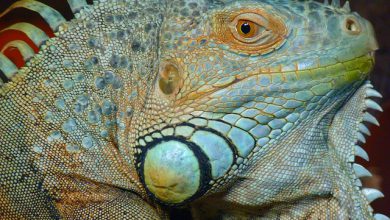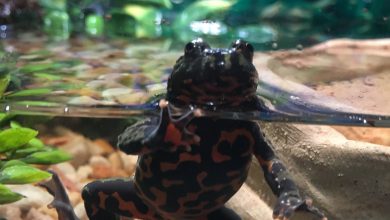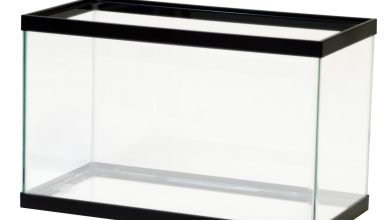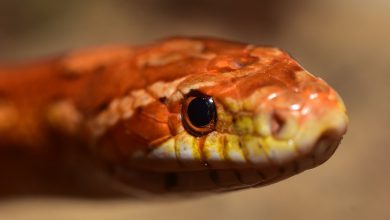How to Start Your First Living Vivarium
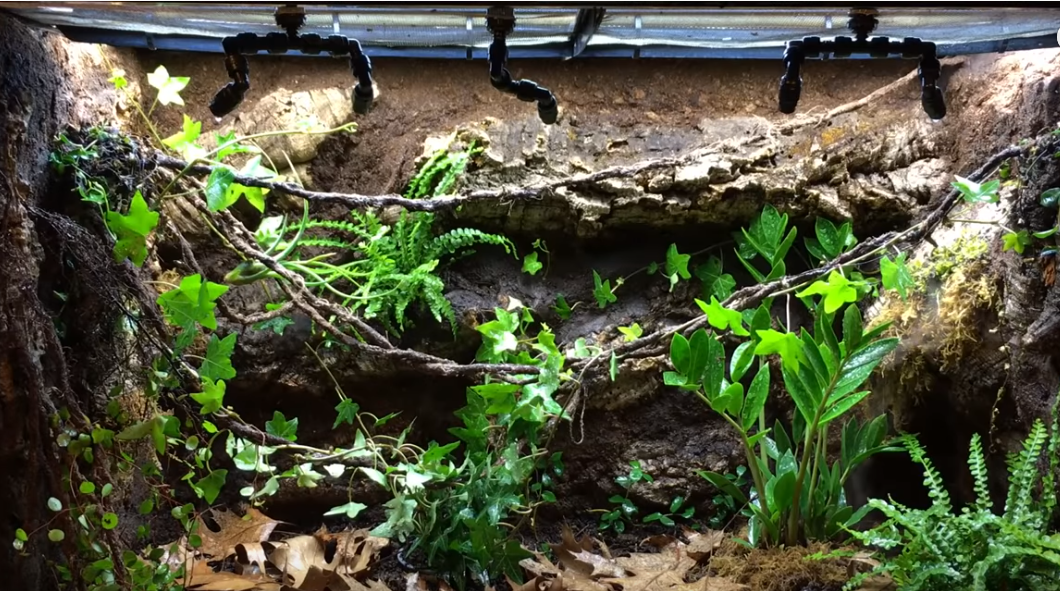
How to build a Natural Vivarium (From Scratch)! By Reptiliatus
Weâre getting a lot more interest at the Tye-Dyed Iguana regarding living vivariums, or bioactive terrariums. And while we can provide you with all the things you need to set up a vivarium, we understand that doesnât mean you know exactly what to do with the equipment.
So we found the best tutorial on YouTube for how to build a living vivarium, by Reptiliatus. Here are the steps in his tutorialâ¦
Step Number one: Gather your supplies
How to build a Natural Vivarium (From Scratch)! By Reptiliatus
You will need:
- A glass terrarium.
- A spray bottle with a vinegar and water mixture.
- Paper towels.
- A straight-edged utility knife.
- Several bottles of S1 clear silicone that does not contain mold inhibiting ingredients (mold inhibitors are dangerous for the plants and animals that will inhabit your vivarium).
- Wood and bark pieces for décor.
- Dry substrate such as aired out peat moss mix or coco haas.
- A foam sealing agent â the one that Reptiliatus suggests is pond and stone âGreat Stuffâ.
How to build a Natural Vivarium (From Scratch)! By Reptiliatus
Step 2: Clean the tank
Before starting the fun part, itâs best to clean out the terrarium. Spray it with the vinegar water, wipe it down, and scrape off any calcium deposits with the utility knife if you are using a previously used tank.
Step 3: Plan the layout of your vivarium
How to build a Natural Vivarium (From Scratch)! By Reptiliatus
If appearances matter to you (and letâs be honest, making the vivarium look cool is a high priority in this hobby), then take some time to decide how you want everything to look before you just start putting things into the tank. Having a piece of paper to draw plans on can help.
Once youâve decided where you want the bark and wood pieces to go, go ahead and place them in the bottom of the tank.
Step 4: Apply the spray foam
How to build a Natural Vivarium (From Scratch)! By Reptiliatus
This is the fun part of the process. The foam will hold your wood and bark décor in place. Itâs a good idea, however, to wear gloves and goggles while using foam sealant â itâs pretty sticky.
Wait 24 to 48 hours for the sealant to cure.
Step 5: Personalize your vivarium design
How to build a Natural Vivarium (From Scratch)! By Reptiliatus
At this point, you can carve the foam to get the look youâre going for, and make room for other accessories and décor in the tank.
Reptiliatus put a pretty cool fog machine into his vivarium. Specifically, he used the
ZooMed Reptifogger. It serves both an aesthetic and functional purpose by adding humidity to the vivarium.
Step 6: Apply the silicone sealant
How to build a Natural Vivarium (From Scratch)! By Reptiliatus
After carving the foam, apply the silicone sealant over all of the foam in the terrarium. It needs to be applied evenly across all the surfaces where your substrate will go, and one way to accomplish this is to spread it around with a gloved hand.
Big Hint: The silicone will not adhere well to smooth surfaces, but foam sealant always cures smooth, so you have to carve the foam â you canât call it good enough and skip that step. Might as well have fun with it!
Step 7: Adhere your substrate to the silicone
How to build a Natural Vivarium (From Scratch)! By Reptiliatus
Now go ahead and spread the substrate of your choice over the silicone sealant. Make sure that the substrate is dry because moist substrate will not adhere well. Pat it into the sealant.
Step 8: Prepare the vivarium for life, and personalize your design
How to build a Natural Vivarium (From Scratch)! By Reptiliatus
After the silicone cures, Reptiliatus suggests spraying the vivarium with water to both reduce silicone odor and add humidity back into the environment before putting plants or exotic pets in the tank.
Now is also the time to place any other rocks, vines, branches, or hides that youâd like to add. Weâd love to see the designs you come up with!
Share photos of your living vivarium on our Facebook page.
You can find the complete tutorial video at the link below:
